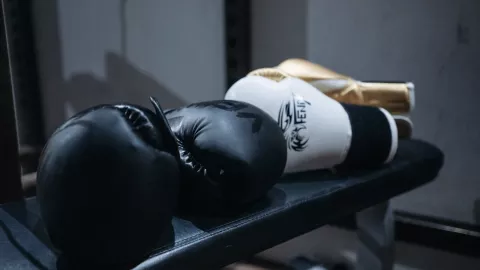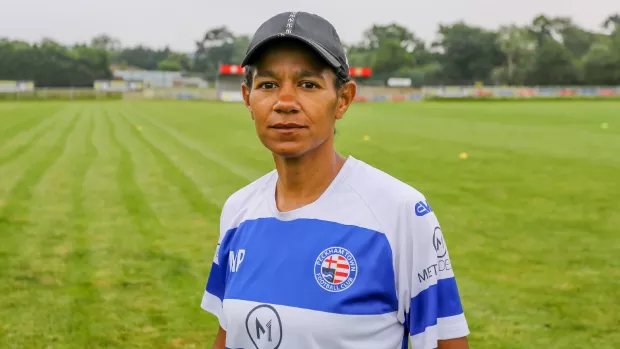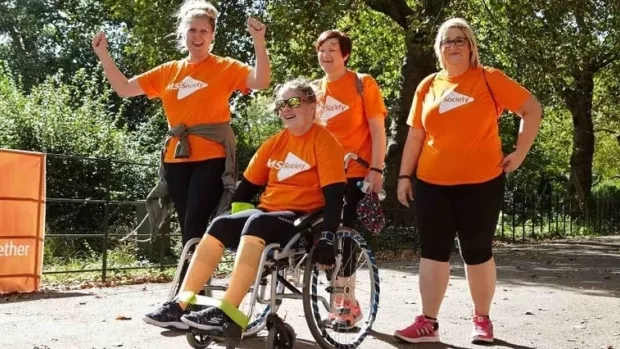
Moving to the UK after my MS diagnosis
After an unexpected diagnosis of MS just over one year ago, Max found acceptance in a new country, with help from our MS Helpline.
I was a boxer in a university team in my home city in Eastern Europe, when in 2019 the boxing federation brought in a new rule that all participants had to have an MRI scan.
It was early 2020 when I went for the scan. When I came out, I saw all the doctors crowded around me. It was frightening. For the first time, I didn’t feel in control of myself – I had to lie down. I realised I had been told something major, but I knew nothing about it.
The MS diagnosis was a shock and I developed insomnia. But I read some basic information for newly diagnosed patients (on the MS Society website), which helped.
Relocating to the UK
I had been considering leaving my job because it wasn’t that fulfilling. But coincidentally my employer asked me to relocate to the UK the same week I was diagnosed. This seemed a better option – I had read to avoid any rash decisions about work.
I decided not to mention MS to my employer. I felt like in many places there is still prejudice.
I was used to working in other countries, so the relocation itself was not too challenging. What was challenging was the psychological side – the situation with COVID-19, with my employer and with the NHS.
I asked the MS Helpline for advice in relation to my employer and I really appreciated the help they provided.
Also, I was relieved to learn through the MS Helpline that I would be entitled to NHS treatment, as I was considered ‘ordinarily resident’. It took around two and half months to navigate the system, but then I was put on a disease modifying therapy (DMT).
Getting to grips with my MS diagnosis
A suggestion that I found helpful was to avoid reading and thinking about MS every day - or even every week. So I would think about it in shifts: the night before an appointment could be reserved for research or preparation, but outside of this I was able not to overthink it.
I also only shared the diagnosis with a few people closest to me. I received unconditional support, and I am still grateful for that.
The diagnosis brought grief but it also opened up opportunities. It suddenly seemed logical for me to concentrate on the things I had been putting off for years. I had several difficult conversations I would have postponed for many more years without the diagnosis.
Changing what I paid attention to
I started paying more attention to the works of philosophers and classic literature authors. They seemed to cover some of the psychological insecurities that came with MS.
Boxing used to play an important part in balancing my life, but it became obvious that I couldn’t continue with the ‘no pain no gain’ mantra. I started focusing more on the technical movements without an opponent.
This shadowboxing is definitely less fun than the real thing, but it’s a potential way for me to continue in the future.
Footnote: some details in the article have been changed to protect Max’s identity.




